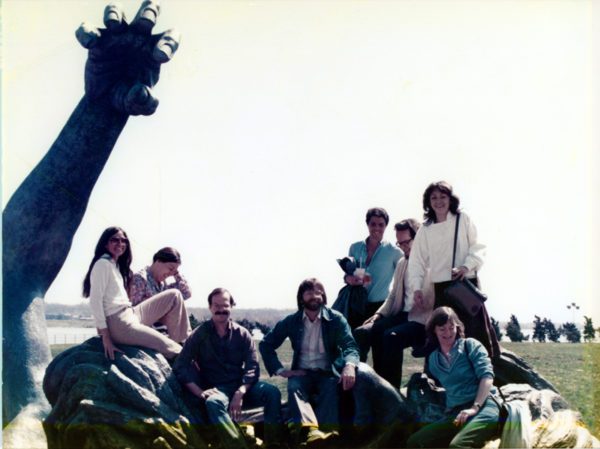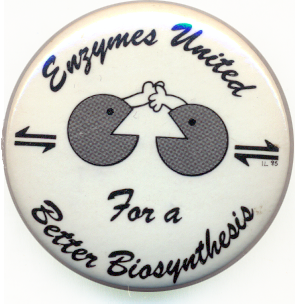Iris Lindberg, Ph.D.
Dr. Lindberg did her undergraduate work at the University of California, Berkeley, and graduate work at the University of Wisconsin- Madison. She then performed postdoctoral research at NIH for three years before assuming an assistant professorship in the Department of Biochemistry and Molecular Biology at LSU Health Sciences Center in New Orleans in 1984, where she rose through the ranks to professor. Two years after Hurricane Katrina, in 2007, Dr. Lindberg moved the laboratory to the University of Maryland Medical School in Baltimore, where she is now a professor in the Department of Anatomy and Neurobiology. A complete CV can be found by clicking here.
The focus of the work in the Lindberg laboratory is proteostatic control of secretory pathway biochemistry and cell biology, i.e., the folding, maturation, and packaging of secretory signaling proteins and their synthesizing enzymes. While historically the laboratory emphasis has been on proteolytic maturation of secreted signaling proteins, current major interests include proteostatic mechanisms in neurodegeneration, including natural chaperone interactions and folding pathways involved in the deposition of aggregated proteins in Alzheimer’s and Parkinson’s diseases. For additional details, please see our research page.
Please direct email to ilindberg AT som DOT umaryland DOT edu.
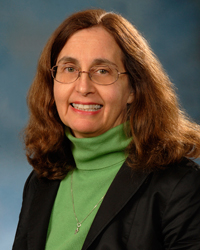
Samira Mitias, Technician
Sam is a recent UMD graduate who is working on proSAAS effects on amyloid formation both in an AD model mouse as well as in cell culture. She also helps to keep our lab organized.
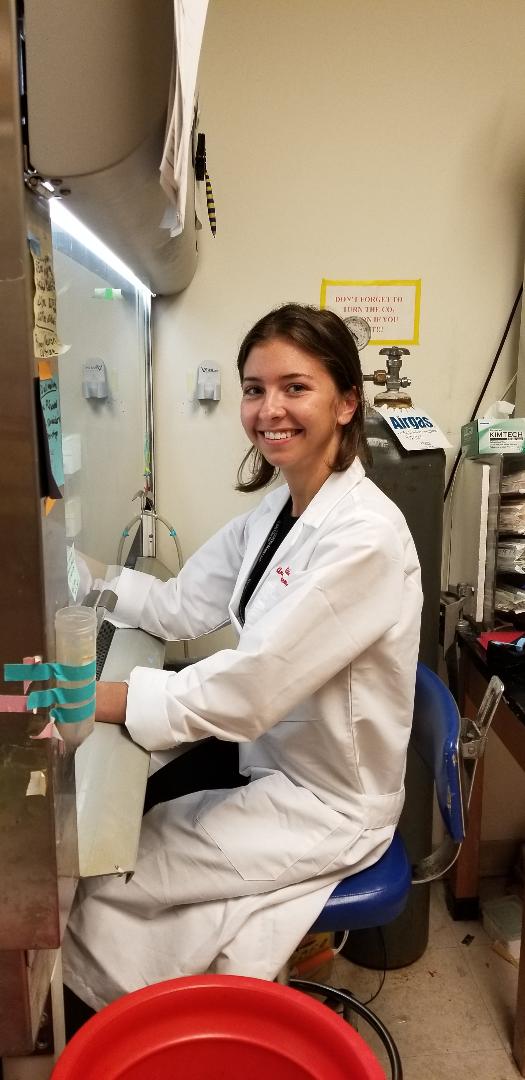
Nicholas Schaffer, Intern
Nick is a UMBC student interested in neurodegeneration. He is working with Iris toidentify the proteins to which proSAAS binds within the secretory pathway.

Tim Jarvela, Postdoctoral Fellow
Tim received his PhD in 2014 from Carnegie Mellon University, where he studied Golgi function and biochemistry. In our lab,Tim has worked on the role of secretory chaperones in neurodegenerative disease, particularly in Parkinson’s, then worked on the role of PCSK1 variants in obesity and diabetes, and subsequently returned to the study of secretory chaperones in Parkinson’s. He has now left the lab to work in industry.
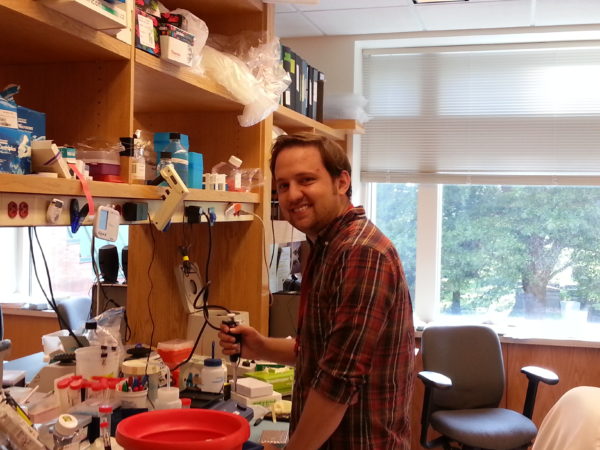
Juan Ramon Peinado, Visiting Professor
Juan made his third appearance in our lab in September of 2019 for a six month sabbatical. He studied proSAAS as a neural chaperone in various cell-based systems.

Taha Yildirim, Medical Student
Taha came all the way from Turkey to perform an internship in our laboratory. He worked wih Manita to assess the role of the proSAAS and 7B2 secretory chaperones in dealing with endoplasmic reticulum stress.
Hannah Kass, Medical Student
Hannah is a medical student at UMB. She performed structure-function analyses of various proSAAS proteins which function as secretory chaperones, both in fibrillation assays and in hippocampal neurons.
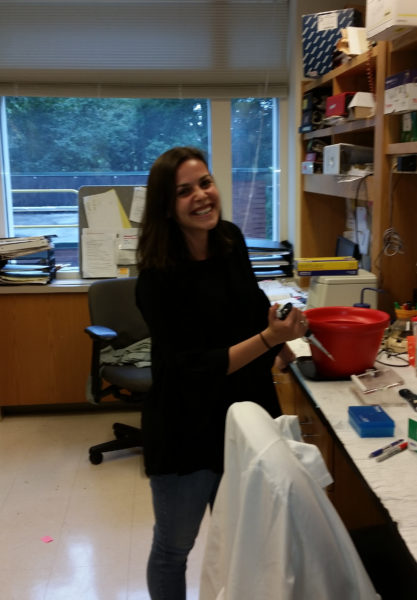
Tomas Bachor, Postdoctoral Fellow
Tomas hailed from Buenos Aires, Argentina, where he worked on diabetes and brain development. In our lab he examined the expression of peptides and chaperone proteins in cells and mice expressing a common human PCSK1 polymorphism.
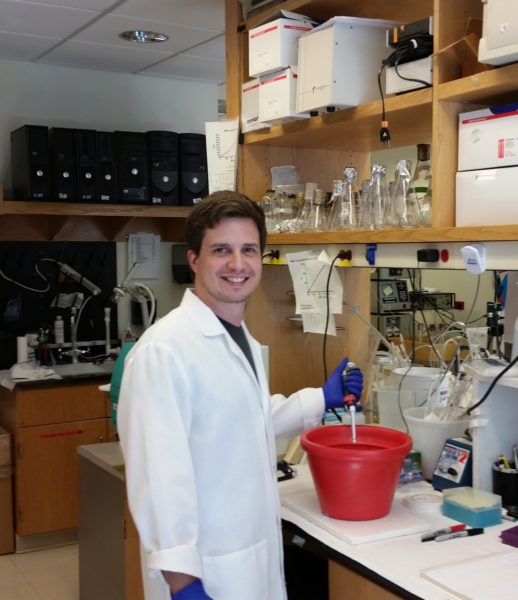
Josh Ostovitz, Graduate Student (Molecular Master’s Program)
Josh performed a research rotation on synuclein cell-to-cell transfer in the presence of different forms of proSAAS.
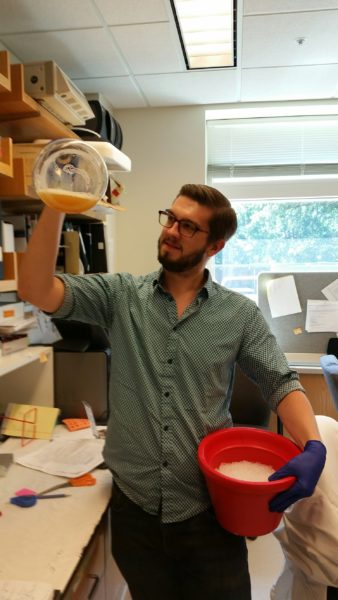
Aadit Mehta, High School Summer Student
Aadit has an interest in neuroscience and worked with us during the summer of 2017 to perfect our hippocampal primary cell model as well as on chaperone Western blotting. He attended high school in Salisbury, Maryland and is now at UM College Park.
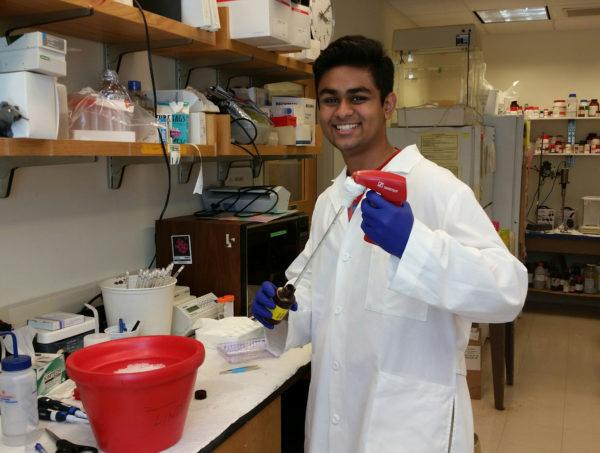
Nikki Kellerman, Graduate Student (Molecular Master’s Program)
Nikki’s project during her rotation was to delete 7B2 and proSAAS in endocrine cell lines using Crispr/Cas9 and examine biological effects. She continues part-time in the Molecular Master’s program.
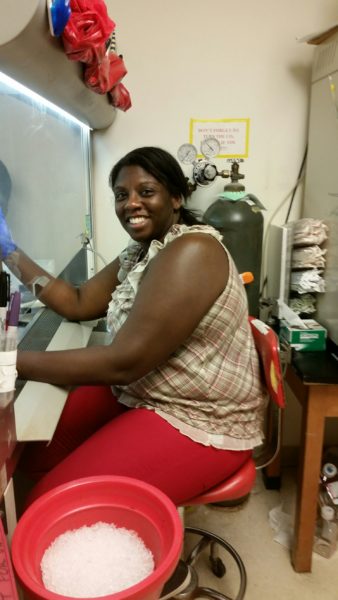
Keirra Dillard, Graduate Student (Molecular Master’s Program)
Keirra was a Master’s student who assisted us with genotyping efforts, and also undertook her Master’s project in our laboratory on human PCSK1 mutations. She graduated and is now employed at VCU.
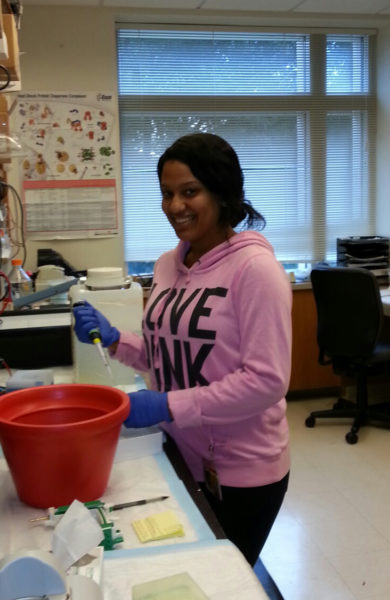
Bruno Ramos Molina, Postdoctoral Fellow
Bruno received his PhD in Biochemistry from University of Murcia, Spain, where he studied the structure, expression and functional aspects of antizyme inhibitor 2 (AZIN2), a protein involved in polyamine metabolism. In our lab, Bruno worked on the structure of the proPC2-7B2 complex, identifying PC inhibitors active in cell culture, and studying threonine phosphorylation of 7B2 by FAM20C. He moved to the Creemers laboratory in Belgium in 2015 and to the University of Malaga in 2016. In January of 2020 he moved to the University of Murcia to start his own group
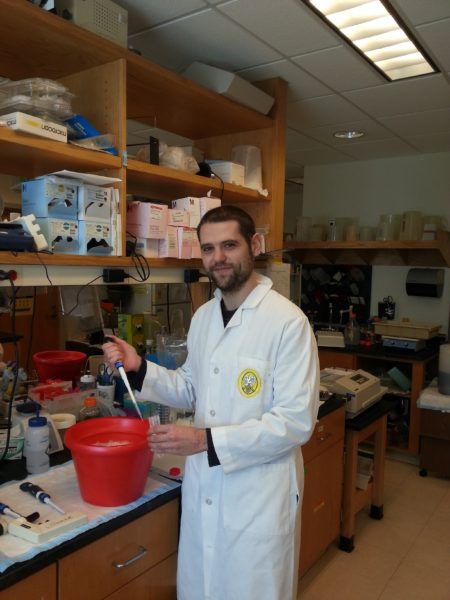
Alex Winters, Graduate Student (Genetics)
Alex examined various human PC2 SNPs for their activity and expression. She is now a postdoctoral fellow at JHU.
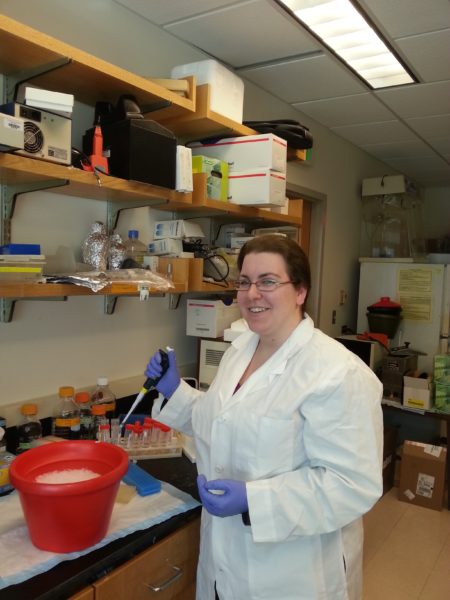
Nevin Varghese, Undergraduate
Nevin was a UMBC undergraduate obtaining his first research experience. He worked with Tim on the role of chaperone proteins in synuclein aggregation in Parkinson’s disease. He is now in medical school at UMB.
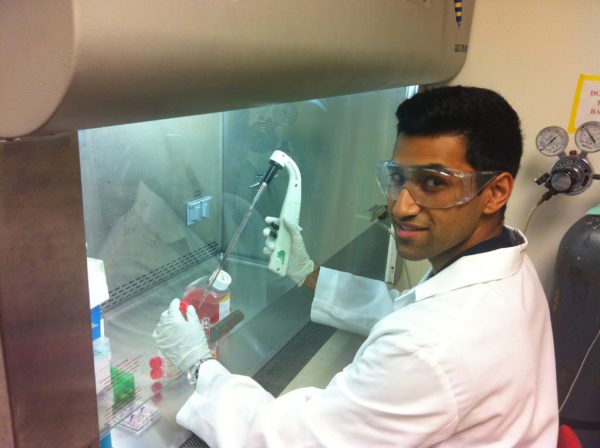
Elias Blanco, Postdoctoral Fellow
Elias is a Ph.D. graduate of Pontificia Universidad Catolica de Chile, where he studied the subcellular sorting mechanisms of the CART peptide precursor. His research in our lab involved the biochemical characterization and subcellular localization studies of new PC1/3 mutants discovered in patients with severe endocrine and gastrointestinal dysfunction. His work entailed understanding how PC1/3 mutations affect activity and trafficking. He is now back in Chile, as faculty, at the University of Antofagasta.
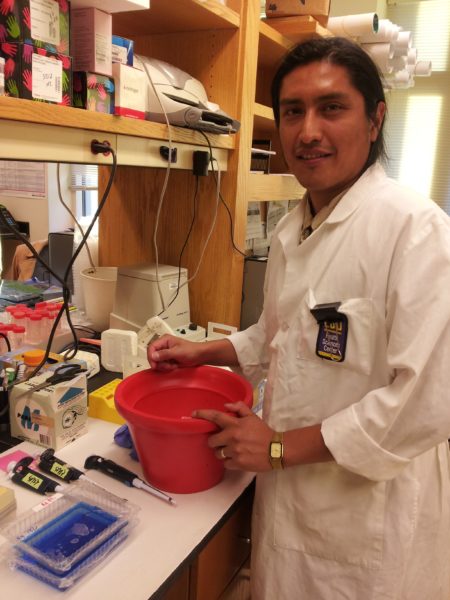
Hong Weng Pang, Research Technician
Hong graduated from Towson University in 2012 with majors in biology, chemistry and MB3 (molecular biology, biochemistry and bioinformatics). While in our lab, Hong worked on the cell biology of FGF23.

Juan Ramon Peinado, Visiting Professor
Juan, a former postdoctoral professor in the New Orleans laboratory, was a visiting professor in Baltimore from the University of Ciudad Real, Spain. He is interested in diabetes and obesity and worked on islet amyloid peptide fibrillation as well as prohormone convertase 1/3 maturation. He has now returned to his position in Spain.
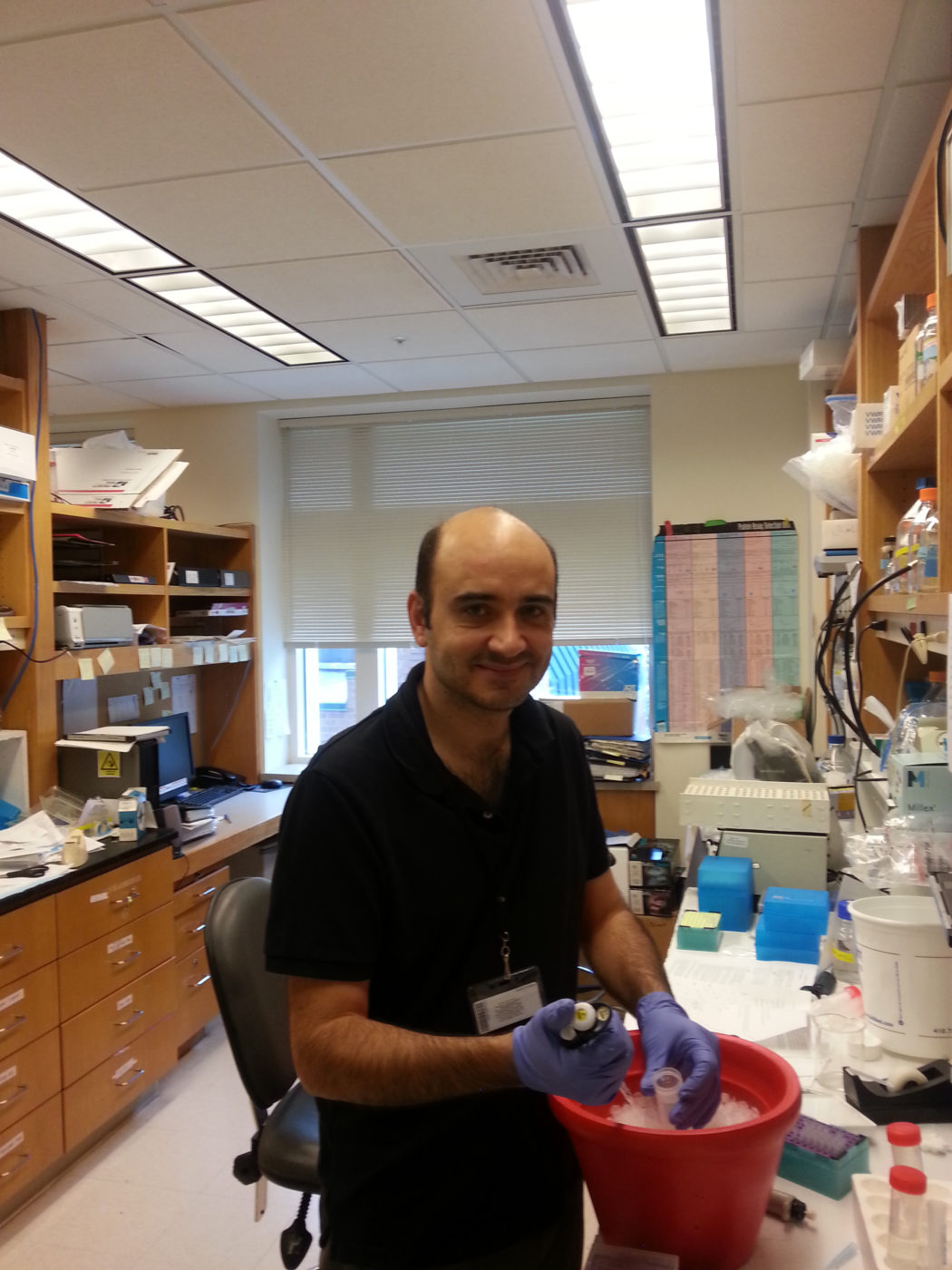
Kevin Li, Research Technician
Kevin graduated in December 2012 from Washington University with a degree in Neuroscience and started in our laboratory in June of that year. He worked on the post-translational processing of FGF23, and went to medical school.
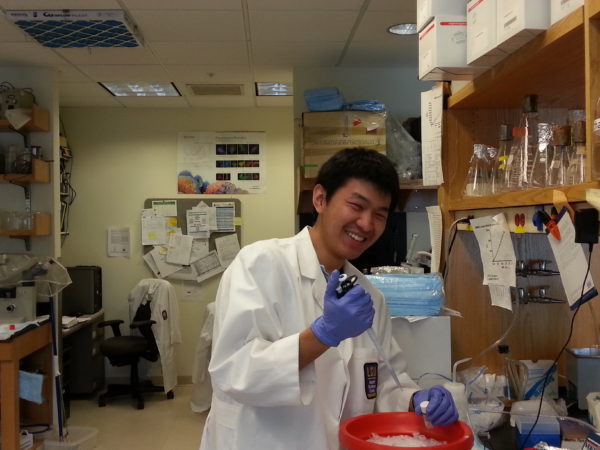
Yogikala Prabhu, Postdoctoral Fellow
Dr. Prabhu received her PhD in Natural Sciences from the University of Cologne, Germany. She carried out her graduate studies in the laboratory of Dr. Angelika A. Noegel at the Institute for Genetics and Functional Genomics. Her doctoral thesis involved studying the role of GABAB- like GPCRs in model organism, Dictyostelium discoideum. She moved to the USA and continued to work as a postdoctoral researcher at NICHD/NIH in the laboratory of Dr. Juan S. Bonifacino, where she addressed retrograde trafficking of transmembrane cargoes by retromer protein complexes. She also studied endocytosis of beta-secretase and its implications in Alzheimer’s disease.In our lab, she worked with a mouse prohormone convertase 1/3 mutation that leads to obesity and to multiple endocrinological defects. Yogi is now working in the field of technology transfer.

Hiroyuki Yamamoto, Visiting Professor
Hiro visited our laboratory in 2012-2013 from the University of Shizuoka, Japan. He is interested in the mechanism of bioactive peptide processing in peripheral tissues and in carcinoma. He has found that some non-endocrine cells release bioactive peptides as precursors, and would like to determine how these precursors are converted to active forms in the extracellular milieu. In our lab, he worked on the biosynthesis of FGF23 in osteocytes.
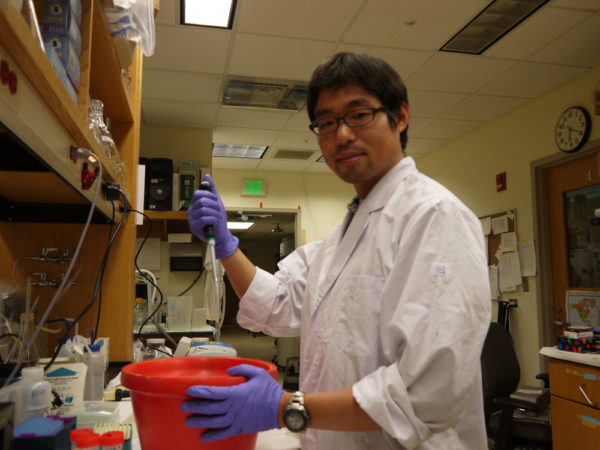
Laura Sanglas, Postdoctoral Fellow
Laura completed her Ph. D. in Biotechnology in July 2010 under the supervision of Prof. Francesc Xavier Aviles at the Autonomous University of Barcelona. Her doctoral research was primarily focused on the structural and biochemical characterization of metallocarboxypeptidases and their protein inhibitors. She worked on an isoform of TAFI (thrombin activatable fibrinolysis inhibitor) as well as purifying prohormone convertase 2 for crystallographic efforts. She also worked on structure-function analysis of 7B2. She is now working at UM College Park.
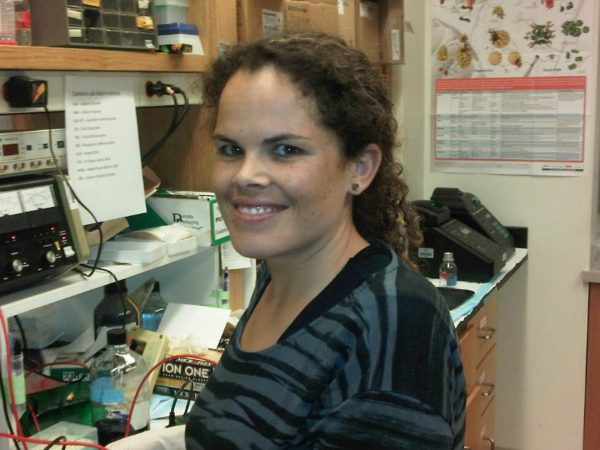
Valeria Albornoz, Senior Research Assistant
Val is from Santiago, Chile. She completed her B.Sc. in Biochemistry at the University of Chile in 2005. She worked our lab from June 2012 to June 2013 and her research work was focused on both the PC1/3 project as well as the FGF23 project.
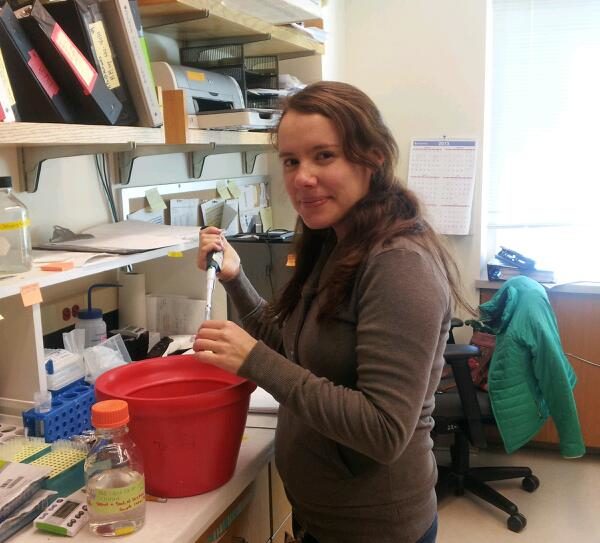
Michael Helwig, Postdoctoral Fellow
Michael received his Diploma in Biology from the Philipps-University, Germany in 2004. He then joined the Rowett Research Institute in Scotland to attend a one year post-graduate Marie Curie Training on neuroendocrine energy balance regulation. Back in Germany he started his doctoral thesis on photoperiod-dependent neuropeptide processing in seasonal mammals at the Department of Animal physiology and received his PhD from the Philipps-University in Marburg in 2008. Following that Michael worked as a postdoctoral fellow at the Technical University in Munich, Germany on a neuroproteomics project aiming to identify novel protein candidates involved in the development of diet-induced obesity. He joined our lab in September 2009, received a Leopoldina Fellowship in 2010, and worked on three topics in the lab: catecholamine modulation of convertase activity; control of proglucagon processing by 7B2 levels; and 7B2 as a neuronal chaperone involved in neurodegenerative disease. Michael moved to the German Center for Neurodegenerative Diseases (DZNE) in Bonn in 2013.

Indrani Dasgupta, Postdoctoral Fellow
Indrani completed her Ph.D. from the University of Houston in 2008. She was studying the unusual secondary structures formed by tandem repeat DNA sequences, which are known to expand to large numbers in the human genome and can lead to various neuromuscular diseases such as Huntington’s Disease, Friedrich Ataxia etc; using thermal melting and NMR techniques. She then performed a post-doctoral fellowship at The University of Texas Medical School at Houston where she screened a chemical library to identify a pharmaceutical excipient to be used as a component of a self-regulated liposomal insulin delivery system. She was also involved in developing a novel liposome-based diagnostic particle for early detection of amyloid plaques seen in Alzheimer’s disease. She joined the lab in March 2011. In our lab, Indrani’s research involved understanding the structure and function of the neuroendocrine protein 7B2, which plays a critical role in the maturation of proPC2 and also serves as a secretory chaperone. Indrani has now left the bench and is studying patent law.
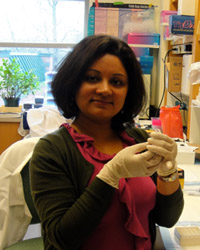
Akina Hoshino, PIN Graduate Student
Akina did her undergraduate work at Vassar College in Poughkeepsie,NY, graduated in 2002, and did her thesis work in our laboratory from 2007-2011.
Prohormone convertase 1/3 (PC1) exhibits very low specific activity and is highly unstable. PC1/3 has two active forms – the 87 kDa and 66 kDa forms- and both forms will aggregate into different species, although the 66 kDa form has a higher propensity to aggregate. Akina’s project involved understanding how self-aggregation and/or interaction with its endogenous binding partner, proSAAS, are able to regulate PC1/3 activity. In addition, she developed assays to study the aggregation of PC1/3, a-synuclein, and Abeta and was the first to show that 7B2 or proSAAS can reduce the aggregation of secretory proteins other than proprotein convertases. While in our laboratory she published 4 papers and reviews, 3 first-author.
Akina is now a postdoctoral fellow at the University of Washington in the Reh Lab, studying stem cells; in 2019 she moved to a senior position within a Seattle stem cell company.

Mirella Vivoli, Postdoctoral Fellow
Mirella achieved her Master’s degree in Biological Sciences from the University of Rome Sapienza, Italy in 2006. Then, she started her doctoral thesis on structural and functional studies of pyridoxal 5′-phosphate-dependent enzymes at the Department of Biochemical Sciences and received her PhD in Biochemistry from University of Rome Sapienza in March 2010. She then joined our laboratory and worked on identifying novel PC inhibitors and purifying PC1/3 for crystallography. In 2012 Mirella left the lab for Exeter, England, to work in the Harmer lab, and in 2018 she moved back to Italy to join the Criti lab.
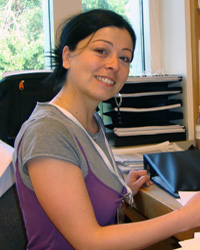
Akihiko Ozawa, Postdoctoral Fellow
Aki did his graduate work at Ehime University, Japan, graduating in 2003.He joined our laboratory in 2006 and left in 2013. His research interests included describing post-translational modifications of peptide hormones, as well as discovering novel signaling molecules and characterizing their biological properties.
Aki is currently an independent investigator at the Torrey Pines Institute for Biomedical Studies in Port St Lucie, Florida.
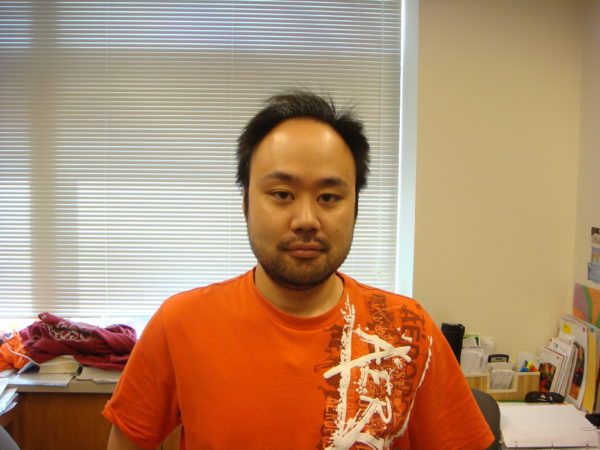
Lindsay Pickett, Research Technician
Lindsay Pickett worked for two years on the biochemistry of naturally-occurring PC1/3 mutations known to be associated with neonatal feeeding disorders, obesity and gastrointestinal disorders; she had a separate project on PC1/3 evolution. She left the laboratory in 2012 to enroll in the Program in Neuroscience graduate program here at UMB, where she is working in the laboratory of Dr Margaret McCarthy.

Dorota Kowalska, Postdoctoral Fellow
Dr. Kowalska received her Masters of Science from the Department of Chemistry, University of Warsaw, Poland in 1997 and her Ph.D. from the Department of Chemistry, University of Surrey, Guildford, England in 2003.
She holds a position as an assistant professor in the Faculty of Food Sciences, Warsaw University of Life Sciences, Warsaw, Poland, and was on loan to our lab for one year in order to work on purifying prohormone convertase 1 for the purpose of crystallization. She has now returned to her former position in Warsaw.
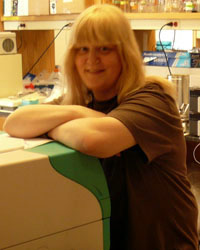
Adam Lick, Research Technician
Adam graduated in 2009 from Dickinson College in Carlisle, PA with a B.S. in Biochemistry and Molecular Biology.
He joined the lab in September 2009 and worked to purify various novel prohormones. Adam used a wide range of techniques revolving around the construction of His-Tagged protein-expressing plasmids of possible signaling protein precursors, with eventual protein purification via Ni-NTA affinity and reverse phase HPLC. In his last year he moved on to studying the interesting protein chemistry and cell biology of bone cell FGF23 synthesis.
Adam left the lab in the summer of 2012 and went to medical school at LSUHSC; he has since graduated.

Joseph Miceli, Research Technician
Joe did his undergraduate work at Rensselaer Polytechnic Institute in Troy, NY.
In the lab, he purified various prohormones, such as POMC, proenkephalin, and prodynorphin, from E. coli using histidine tag/Ni affinity chromatography and reverse phase chromatography. He also cared for the various mammalian cell cultures which produce our prohormone convertases for purification in the lab.
Joe went on to perform graduate work at Arizona State University in Tempe, AZ, in a Biological Design Ph.D. program; he graduated in 2015.
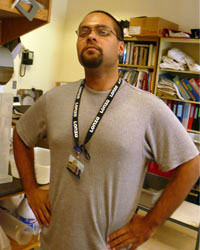
Bilal Qamar, Intern
Bilal is a UMBC student interested in neurodegeneration. He is working with Kriti to determine the biochemical basis for proSAAS chaperone action.

Kriti Chaplot, Postdoctoral Fellow
Kriti joined the lab in November 2019 and is working on a variety of projects involving chaperone-mediated mechanisms in neurodegeneration.
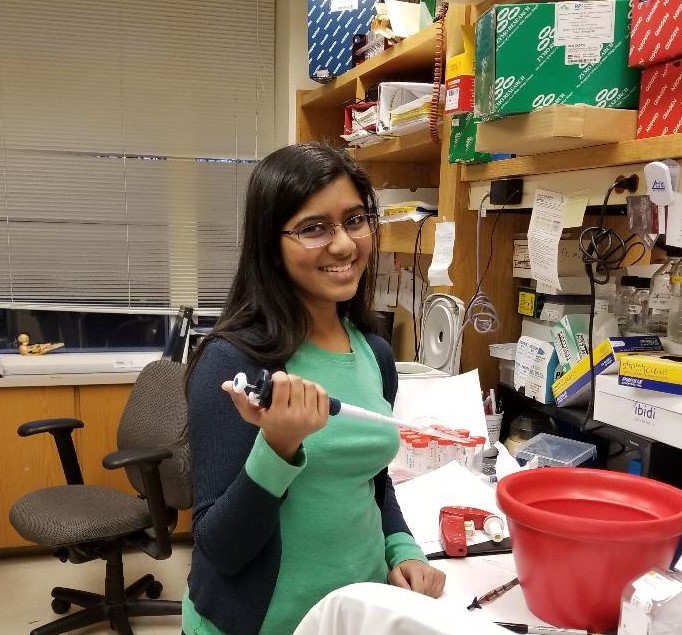
Praise Apanisile, Intern
Praise is a high school student performing an internship through the Howard County Biotechnology Academy. In our lab, he is working with Manita to determine the role of the proSAAS chaperone in hippocampal synapse protein homeostasis.
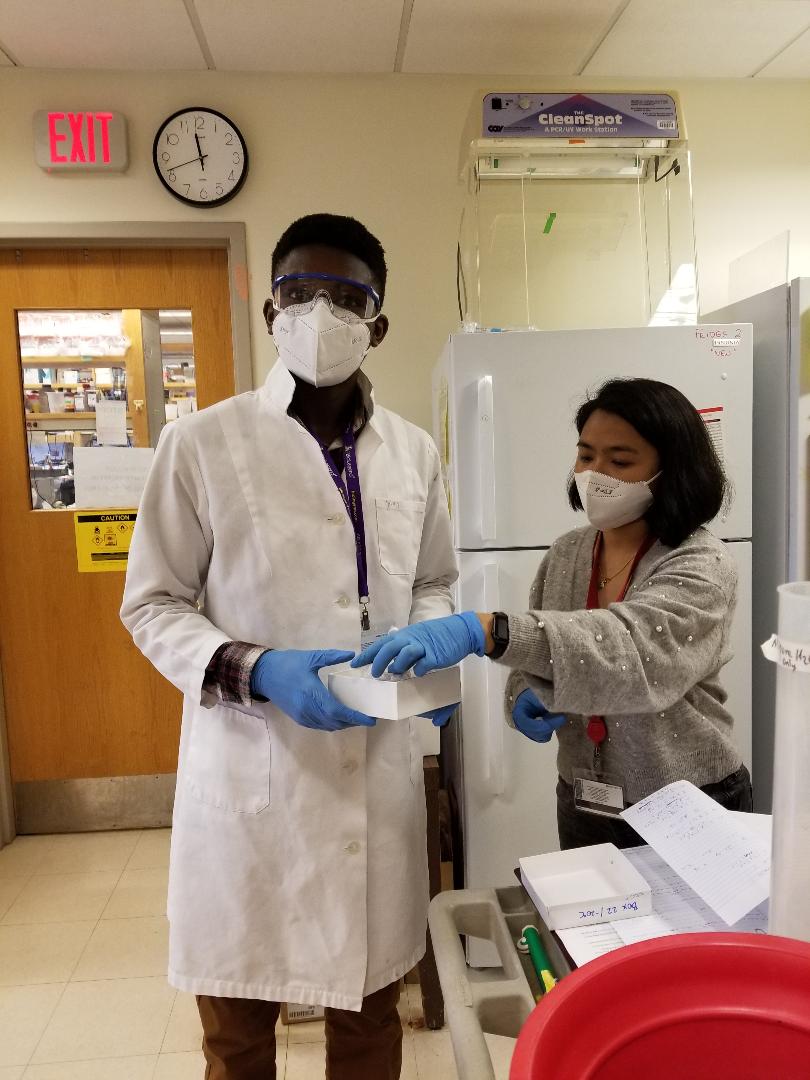
Manita Shakya, Postdoctoral Fellow
Manita is working on both the PC1/3 obesity project as well as the secretory chaperone project in Alzheimer’s disease.
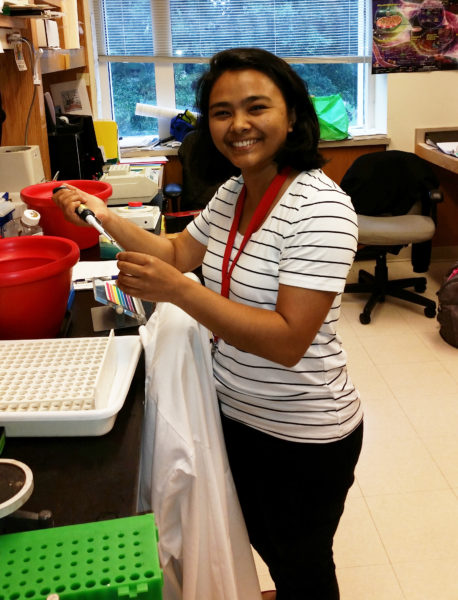
Former Graduate Students
John Mathis (1988- 1994) Research Scientist, Dupont Pioneer, Iowa
(Five papers published from our lab)
Yi Zhou (1990- 1995)(MD) Associate Medical Director of Hematopathology/Assist. Prof., University of Washington, Seattle
(Seven papers)
Maria Sayah (3/00- 12/00) (Master’s thesis; French practical training); Senior Scientist, Sunovion, Boston
(Two papers)
Yolanda Fortenberry (1997- 2001) Assistant Professor of Hematology, Johns Hopkins University Medical School, Baltimore
(Five papers)
Former Postdoctoral Fellows
Steven F. Roberts (1988-1991); Staff Scientist (Protein Chemistry), Antex, Rockville, MD
Joseph Irvine (1989-1991);Head of Knowledge Exchange at UHI, Lerwick, Shetland Islands, United Kingdom
Osvaldo Vindrola (1991- 1993) Professor, Universidad de Puebla, Mexico
Xiaorong Zhu (1994- 1997) Research Assistant Professor, University of Chicago, IL
Nazarius Lamango (1994- 1996) Professor, Florida A&M University, FL
Karla Johanning (1994- 1998) Business Owner, Austin TX
Laurent Muller (1996-1999) Senior Researcher, College de France, Paris, France
Ekaterina Apletalina (1997-2000) Senior Research Associate, Boston University, MA
Angus Cameron (1999- 2000) Bristol ChemLabs University Teacher Fellow, University of Bristol, Bristol, U.K.
Jae-Ryoung Hwang (1997-2001) Research Assistant Professor, Sungkyunkwan University, Seoul, Korea
Virginie Laurent (1999-2002) (now Laurent-Gyde) Staff Scientist, University of Strasbourg, France
Juan Ramon Peinado (2002-2003) Assistant Professor, University of Ciudad Real, Spain
Magda Kacprzak (2002-2005) Staff Scientist, MCI Bioventures, Poland
Sang-Nam Lee (2002-2007) Assistant Professor, Yonsei University College of Medicine, Seoul, Korea [/EXPAND]
The Costa Lab
A tiny portion of the Costa Lab in the mid-80s, taken at ‘Man Emerging’, a sculpture that is no longer located where it was then- on Hains Point in Washington DC.
